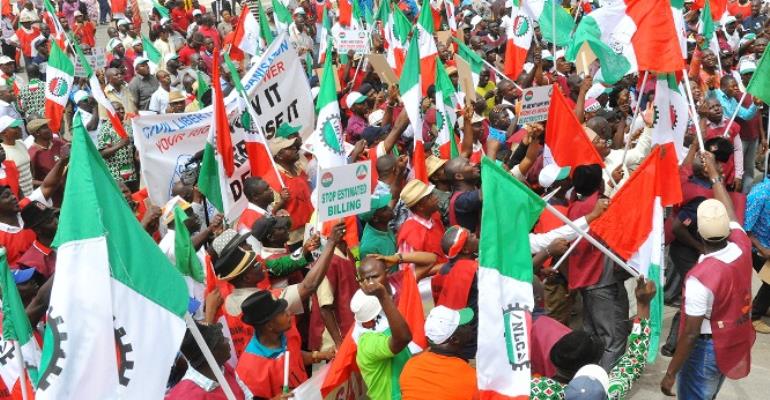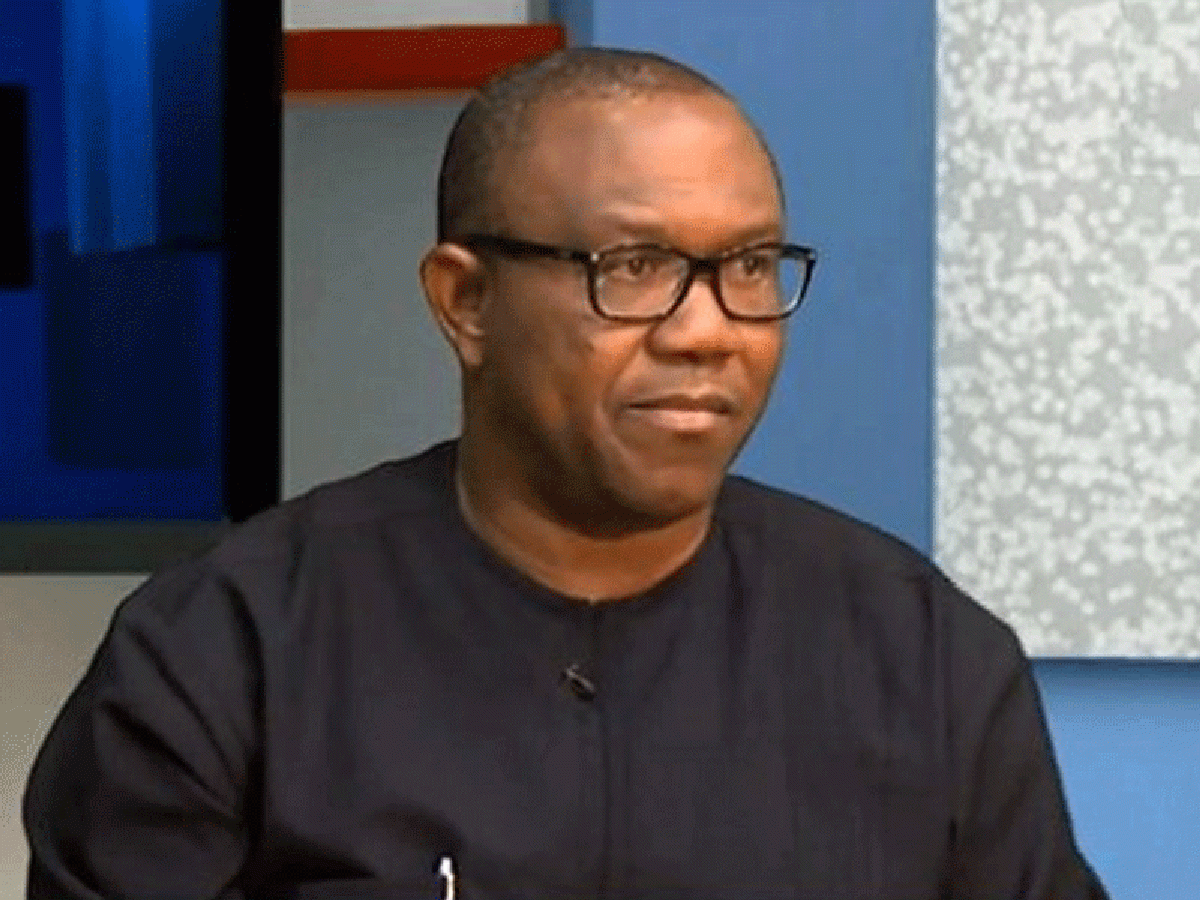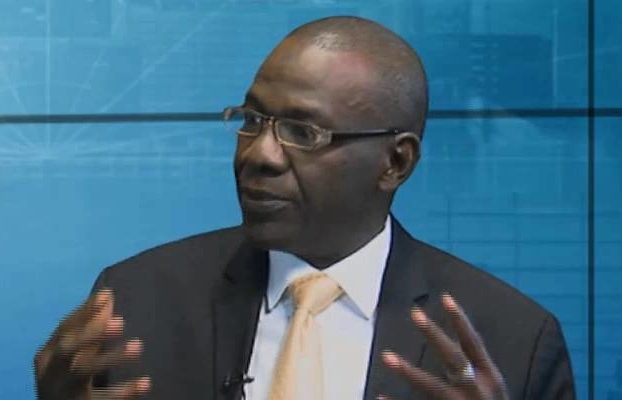A Prof. of Economics, Prof. Peter Emeka Arinze of the University of Jos (UNIJOS) has said that in as much as Nigerian workers have the fundamental right to go on strike, the Nigeria Labour Congress (NLC) and Trade Union Congress (TUC) must consider the merits and demerits of such action.He, however, said that they should not threaten or go on strike just to impress the workers they are representing.
Arinze told The Guardian yesterday that in developed countries, it has never been heard that unions threaten or go on national strike because of minimum wage as they know the negative consequences of such action.
According to him: “When the unions go on strike, it would affect the economy negatively. The gains in national strike will be less than the cost of the strike. The only few people that will gain because of national minimum wage are the new entrants to the labour force.
“Other people would be affected negatively because of an inflation. For example, when N30,000 minimum wage is granted because of national strike, the inflation rate will rise by 21 per cent. The gain from the national strike would be neutralised by inflation. Many people would not gain by the increase of minimum wage.
“It will affect their income negatively. For example, traders will increase the price of their products because inflation has affected their purchasing power.”
Arinze, who is not averse to minimum wage increase, added that the NLC and TUC should examine the pros and cons of such increase if actually they want to develop Nigeria.“Many companies today pay their workers more than N30,000 minimum wage that the labour is demanding. Many firms will lose their very important members of staff if they cannot pay them well to retain them.
“Nigerian labour unions should concentrate only on seeing that the government increases the welfare of Nigerian workers. When the present government came to power in 2015, the price of kerosene was N80 per litre. Today, it is N270 per litre and it is still going up.
“This is the product that the Nigerian workers and the poor use. The price of petrol then was N97 per litre, today, it is N145. It may soon go up. The inflation rate was eight per cent, today, the inflation rate is 15 per cent.“What the NLC and TUC should be doing is to encourage the government to take pro-active measures to solve the economic problems to increase the social welfare of Nigerian population instead of shutting down the country,” Arinze further stressed.
-GUARDIAN-





